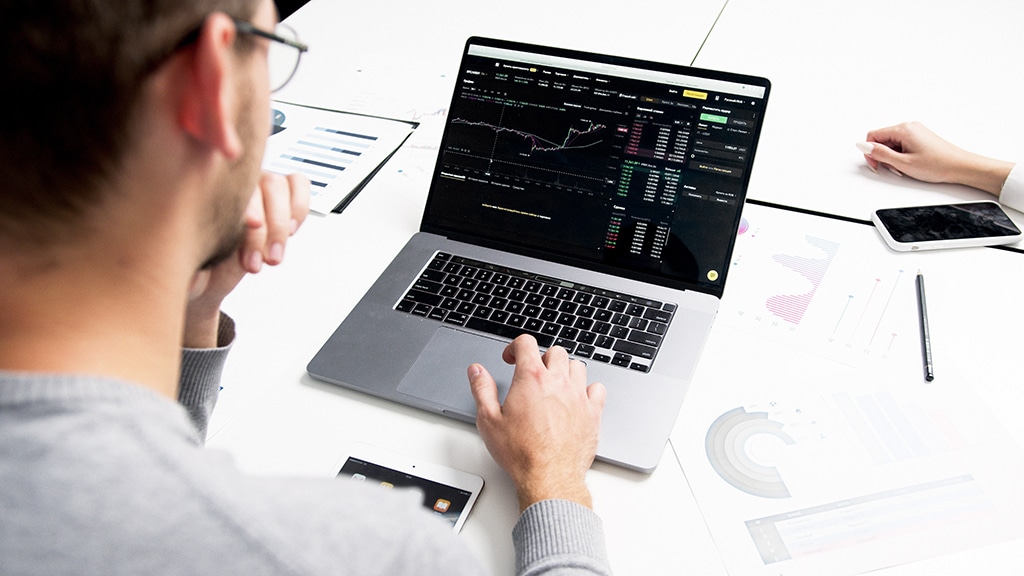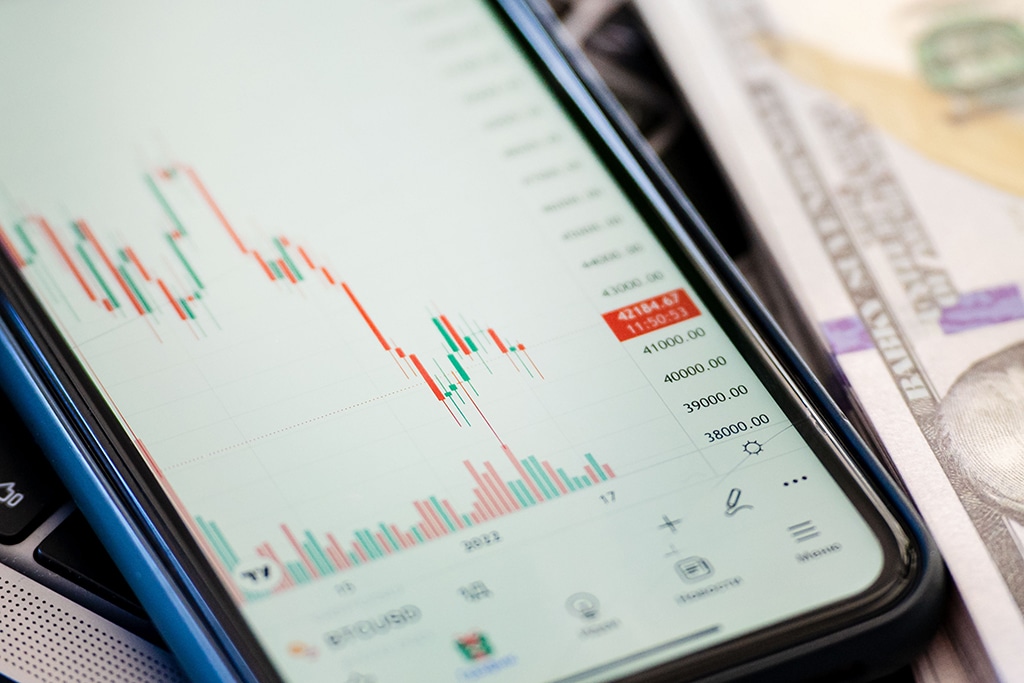If investing in the forex market is new territory, you should practice intensely before investing a considerable portion of your capital.
One of the fastest and most volatile markets for traders is the currency market; these features are also what make it exciting. Many people invest in currencies with the sole aim of diversifying their portfolios. Compared to mutual funds or stocks, the currency market, more popularly known as the forex market, can appear challenging and overwhelming, but with the right guide, you can ace it within a few weeks. So, if you want to trade forex, keep reading to know about the basics.
What Do You Mean by Investing in Foreign Currency?
When you invest in foreign currency, you are purchasing the currency of one particular country and, at the same time, selling another. This is done on the foreign exchange market. A fascinating fact about forex trading is that it always happens in pairs. The reason is pretty simple – for you to complete a transaction, you need two currencies, hence a pair. Let’s give you an example – you might choose to purchase US dollars in exchange for Japanese yen or any other combination that you can imagine. It is allowed to trade any combination of currencies that are listed on the exchange, but the common practice is to select a pair that is already pre-established.
Photo: Pexels
A Step-by-Step Guide to Investing in Currencies
Now that you have a basic idea of what forex trading is all about let’s have a look at what you need to do in order to start investing or trading.
- Step 1 Choose a broker – Without the right broker, you might as well be scrambling. Hence, it is crucial to make a wise decision. There are dozens of companies operating all across the world, but you need to choose the one that suits your needs the best. You also need to have a look at their trading executions and whether they are reliable. Check whether they have any price improvement options on the limit orders. If you check their website, you will get to know whether they publish their execution statistics online or not. And most importantly, don’t forget to study the commission structure.
- Step 2 Learn the fundamentals of currency rates – In order to become a currency investor, you need to know how price movement works in this market. For this, you should check all the major economic reports from the significant markets around the world. You must also have knowledge of the importance of expectations compared to the actual outcomes.
- Step 3 Always look for opportunities – If you want to make money in this market, you have to be on the lookout for the right opportunities. Creating a trading plan and sticking to it always helps, as this gives you a clear idea of your position size and entry and exit points before you even place a trade. Don’t forget a stop-loss in your trading plan because it will help keep your profits sheltered from unwanted losses. Lastly, in order to spot the right opportunities, you need to be aware of what affects their price movements.
- Step 4 Be patient – It’s very common among newbie investors to want to make money as soon as possible. But keep in mind that the volatility of the forex market makes it all the more dangerous. Here, you can make money in seconds and lose it even faster. Currencies will move around quite a lot, and you need the patience to formulate a proper strategy.
Conclusion

Photo: Pexels
If investing in the forex market is new territory, you should practice intensely before investing a considerable portion of your capital. The potential volatility of this market means that you are in for a lot of ups and downs, which will only make your learning curve steeper. Hence, it is absolutely vital that you learn the ins and outs of this market so that you gain a broader perspective on how currencies work, and eventually, in the long run, you can make good money out of it. The more you work on improving your knowledge, the more informed decisions you can make, thus reducing your chances of losses.
Please check out latest news, expert comments and industry insights from Coinspeaker’s contributors.


